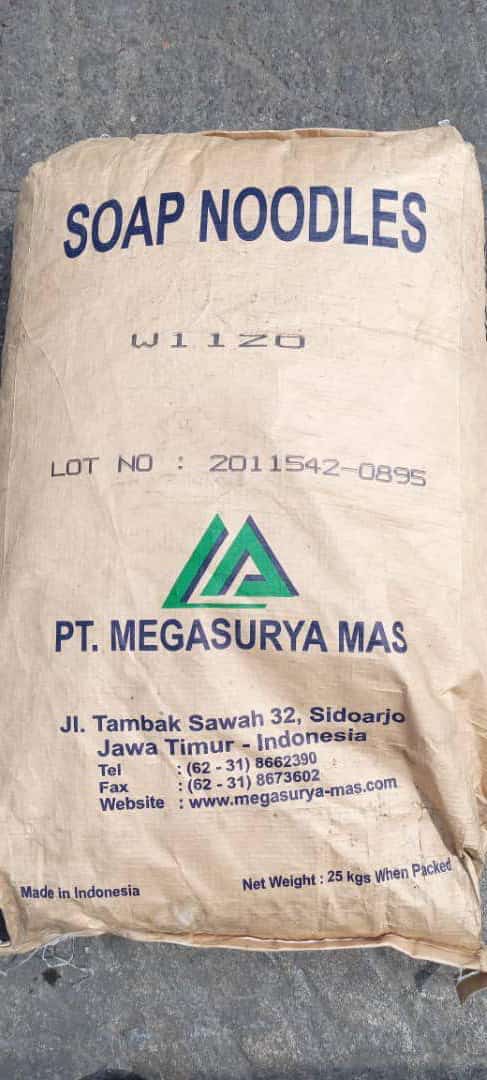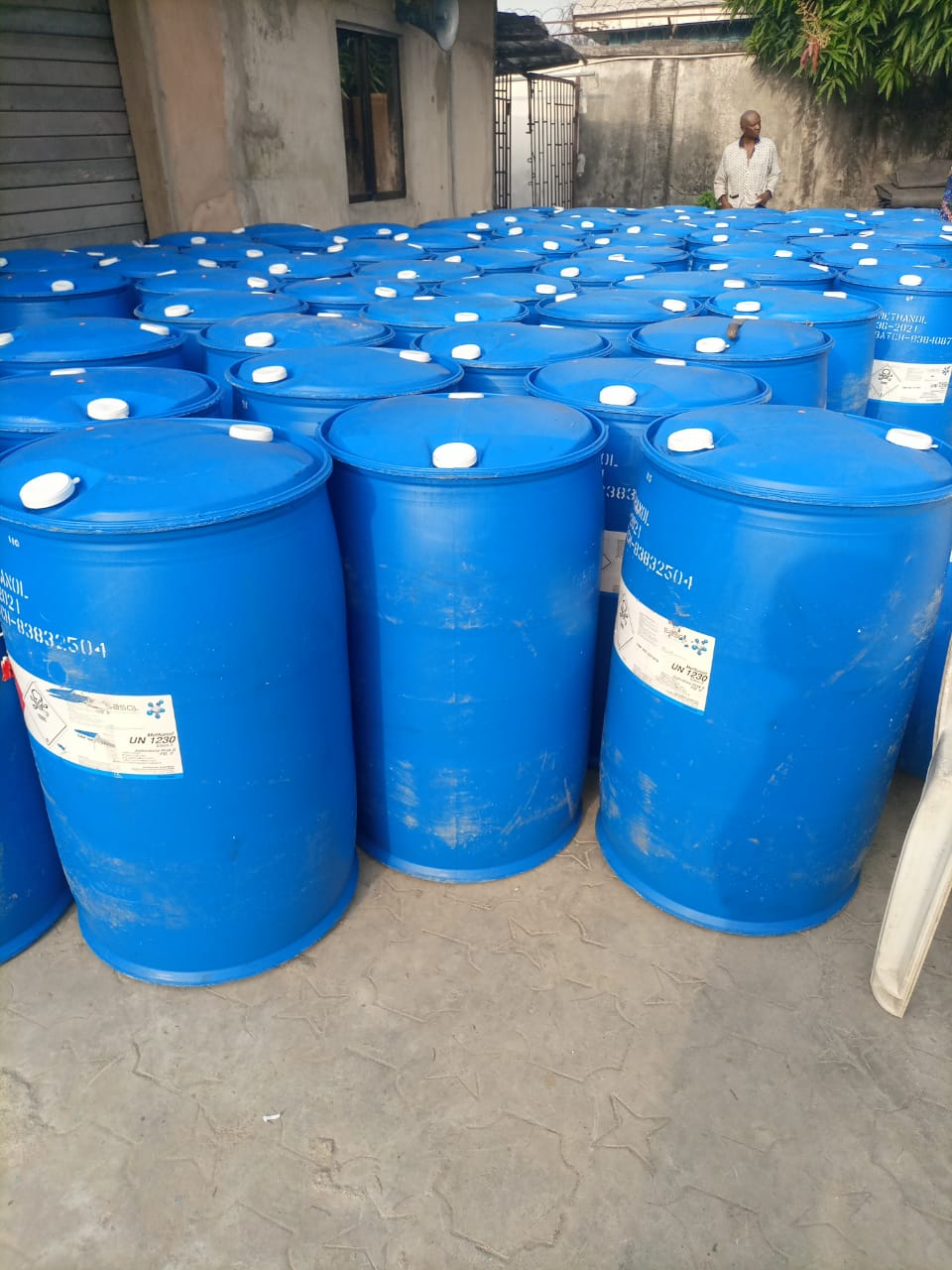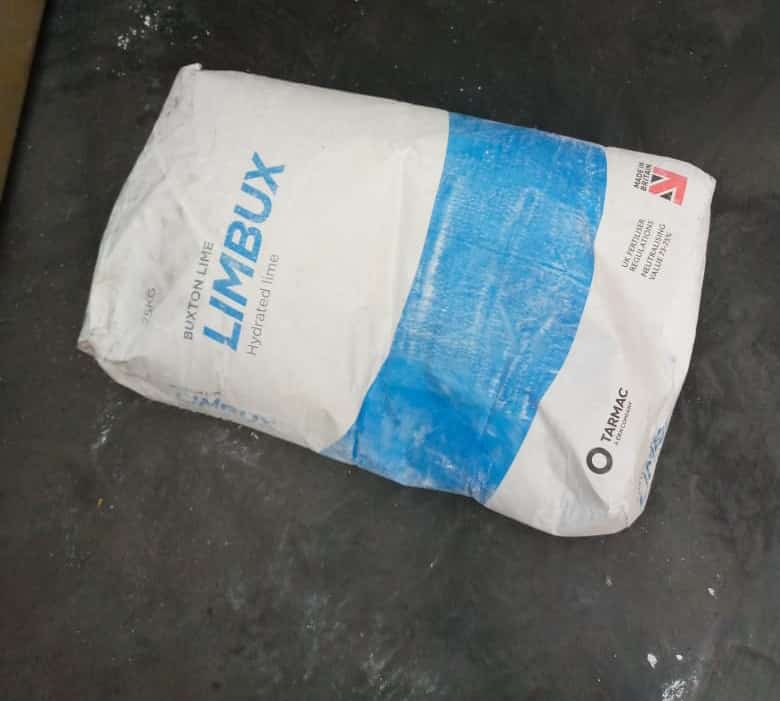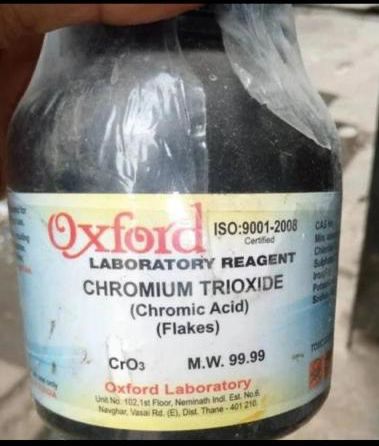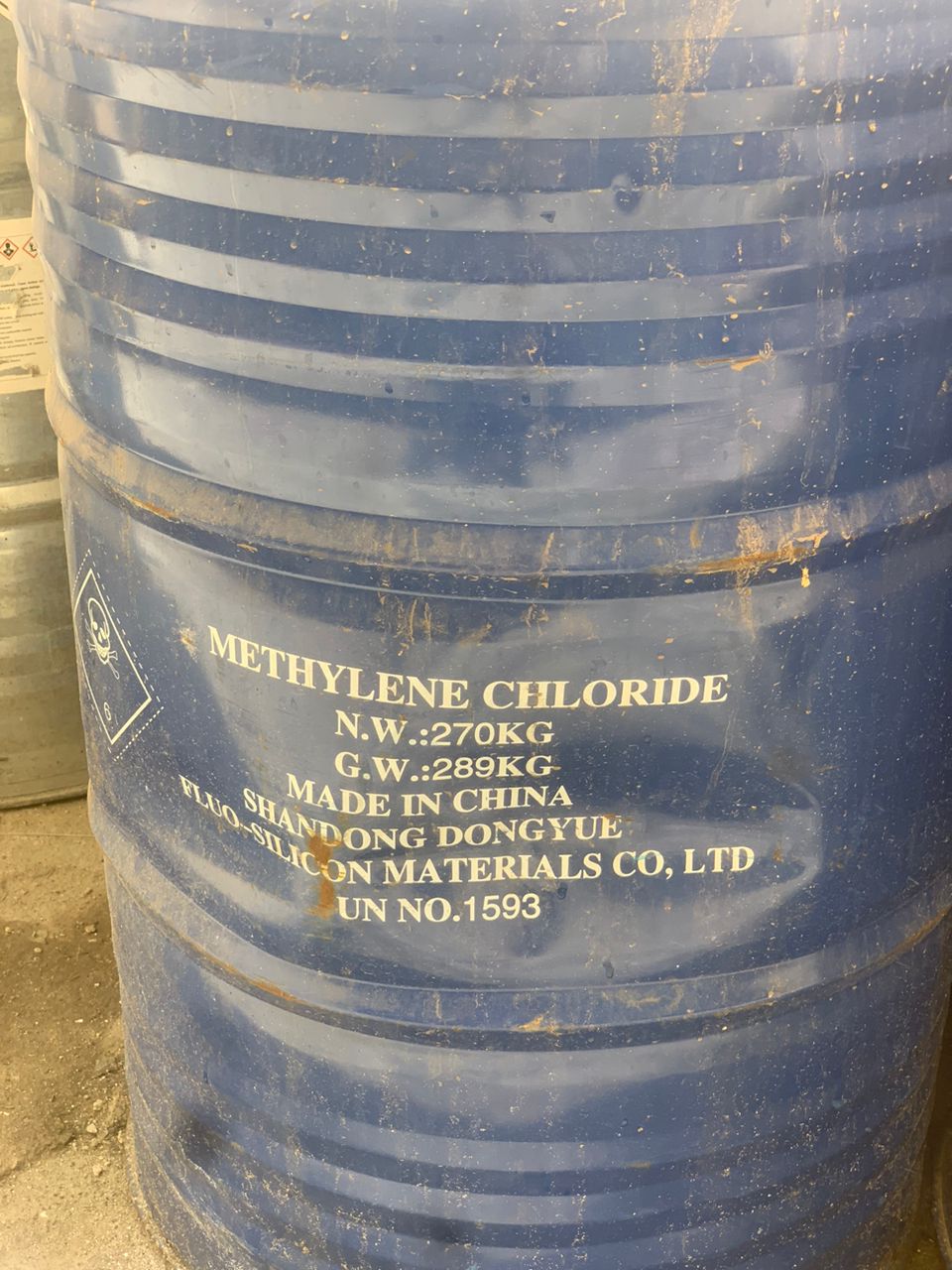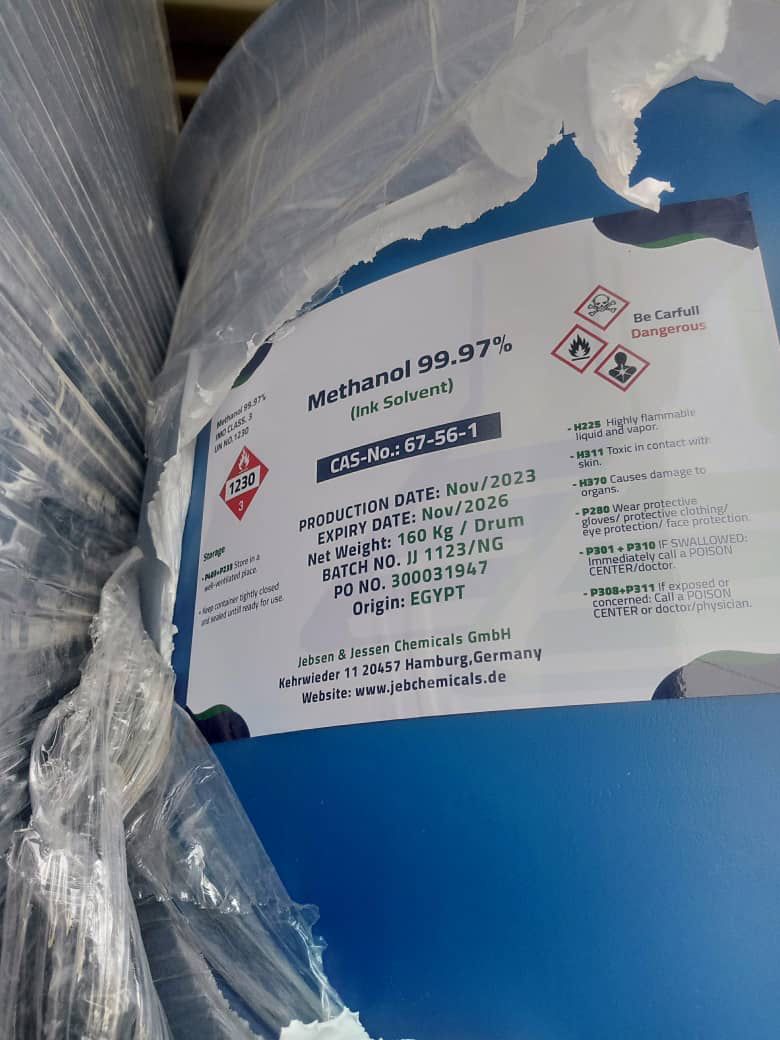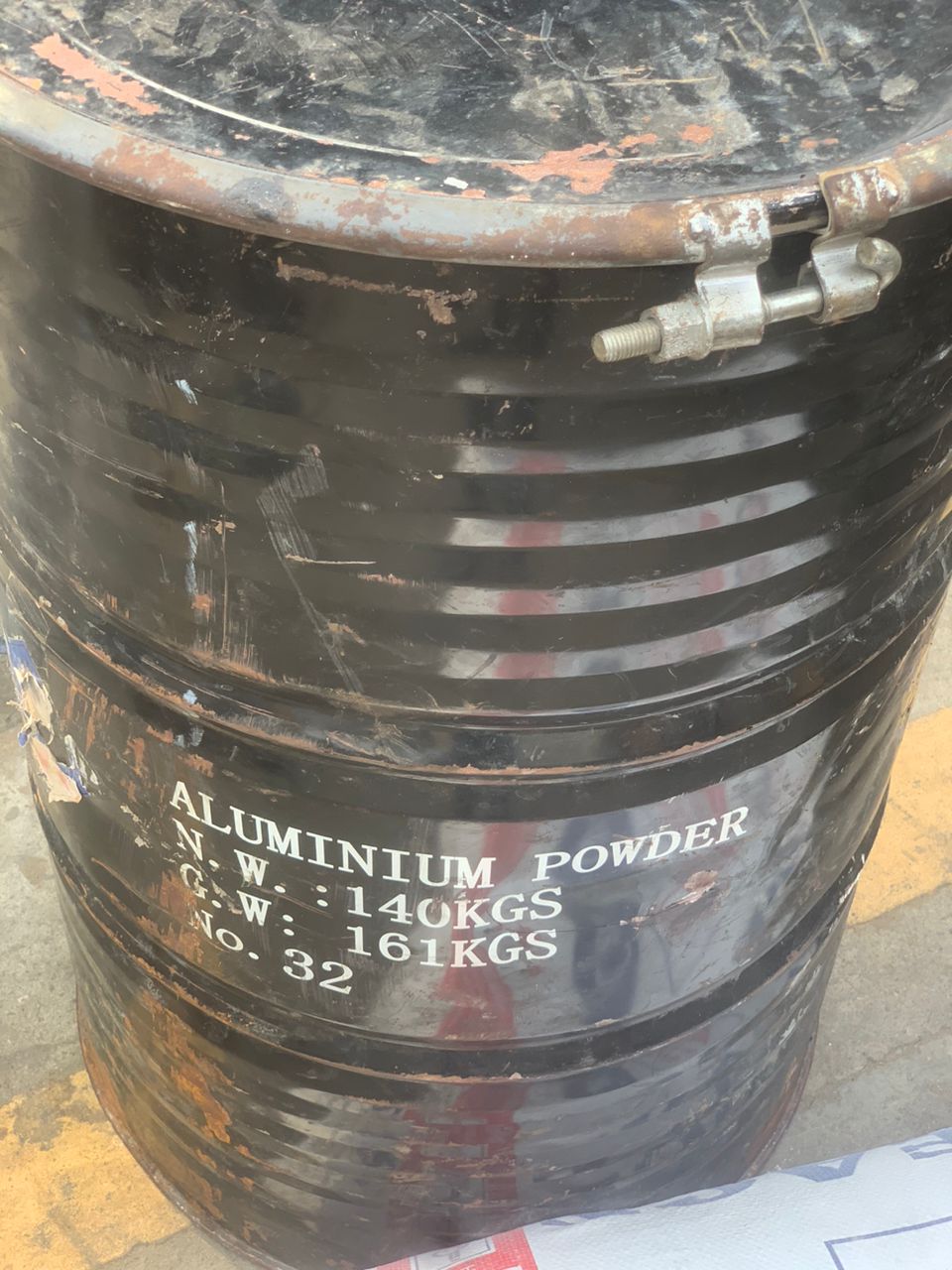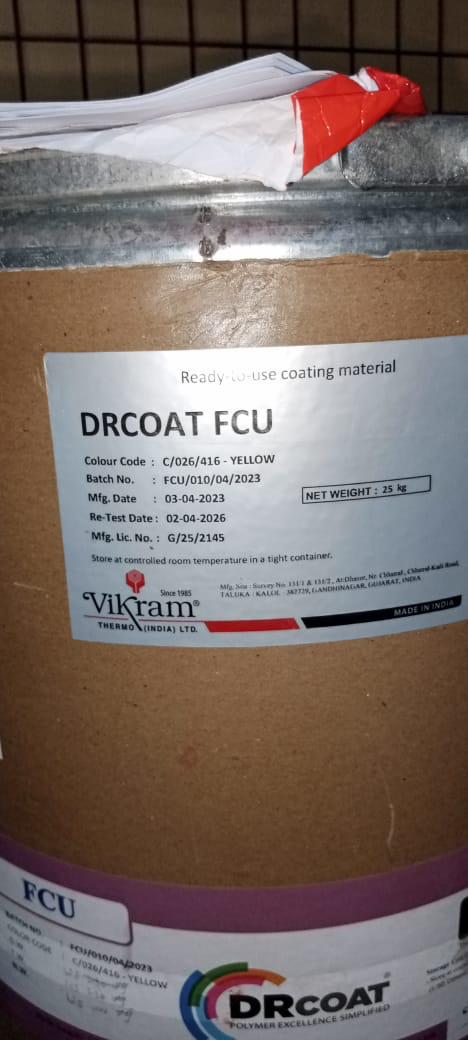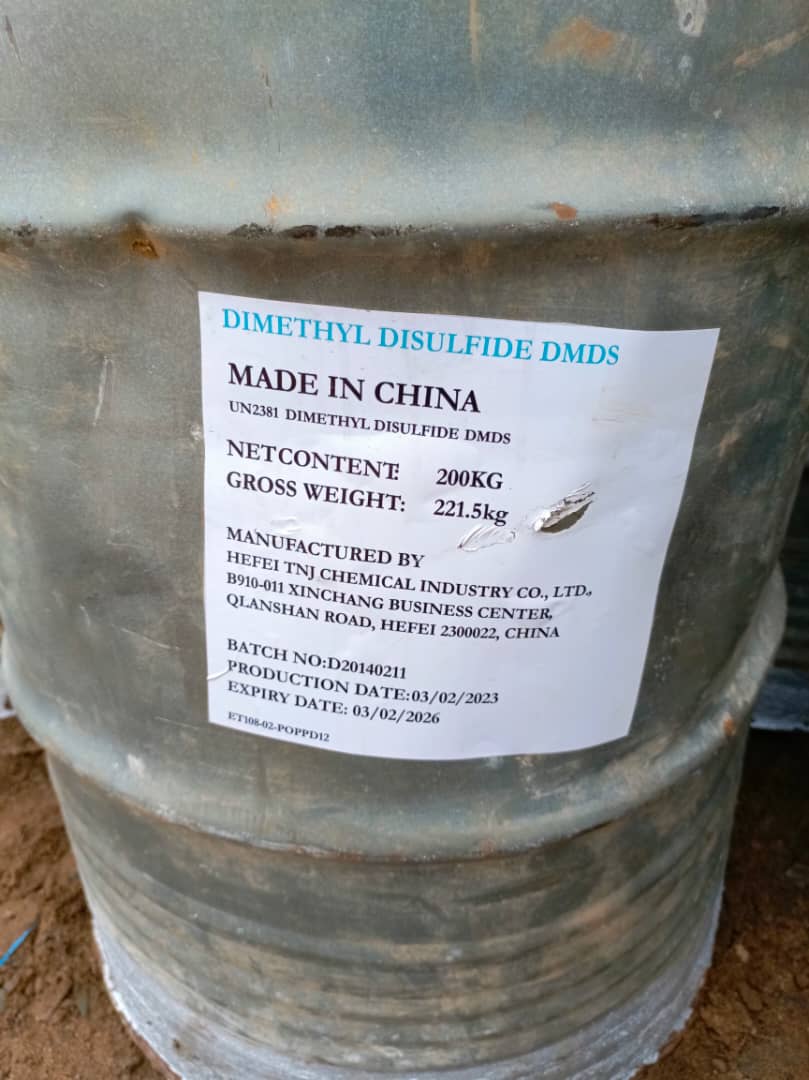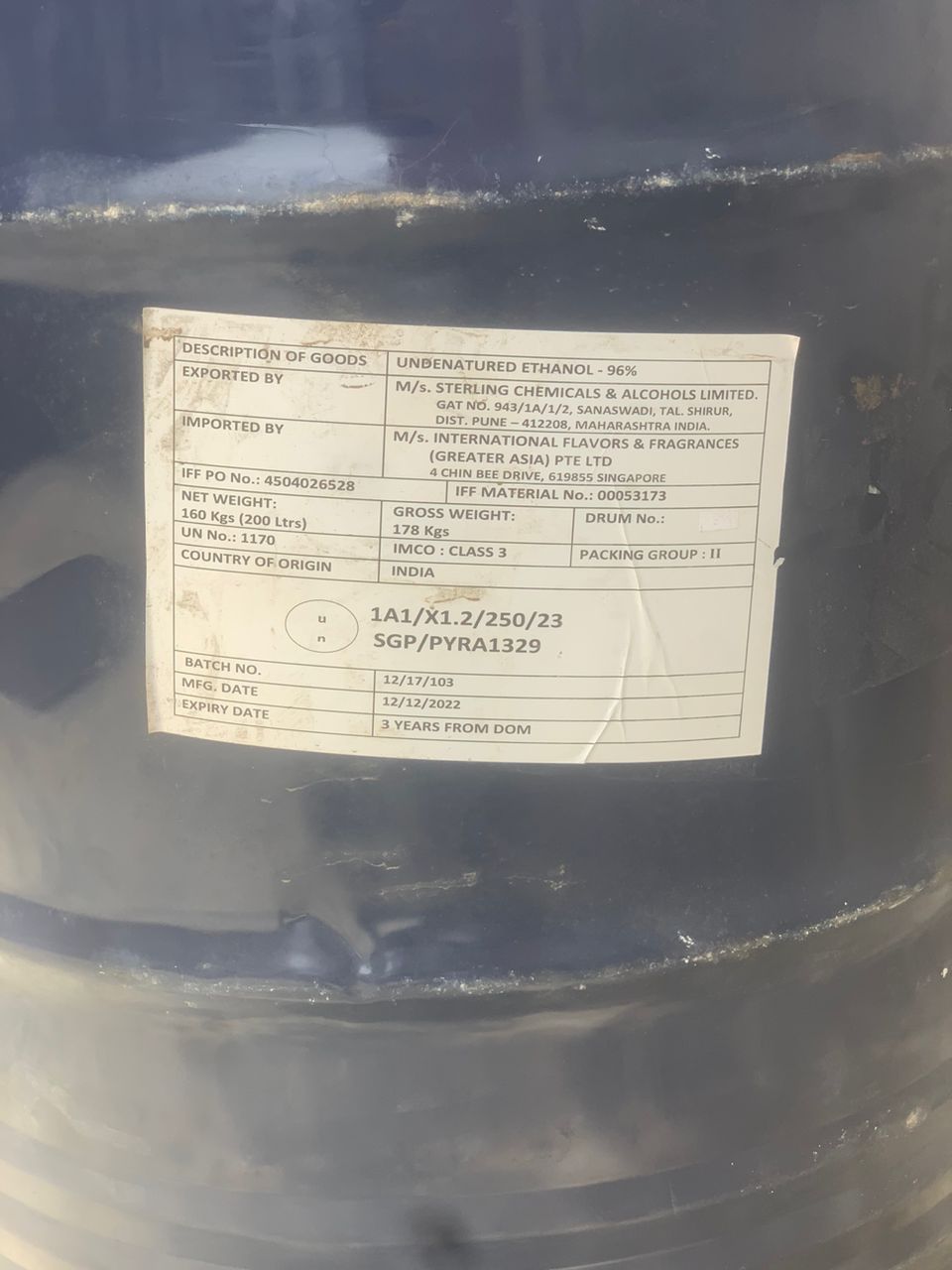Calcium carbide is a chemical compound with the formula CaC2. Here are some key properties and uses:
_Properties_
1. _Chemical Formula_: CaC2
2. _Molecular Weight_: 64.10 g/mol
3. _Appearance_: Grayish-white solid
4. _Solubility_: Insoluble in water, soluble in organic solvents
5. _Reactivity_: Highly reactive with water, releasing acetylene gas
_Uses_
1. _Acetylene Production_: Calcium carbide is used to produce acetylene gas (C2H2), which is used in:
1. Welding and cutting metals
2. Lighting (e.g., acetylene lamps)
3. Chemical synthesis (e.g., production of plastics and pharmaceuticals)
2. _Steel Production_: Calcium carbide is used as a reducing agent in the production of steel, helping to remove impurities and improve the quality of the steel.
3. _Fertilizers_: It is used in the production of fertilizers, such as calcium cyanamide, which is used as a nitrogen-rich fertilizer.
4. _Pharmaceuticals_: Calcium carbide is used as an intermediate in the production of certain pharmaceuticals, such as calcium channel blockers.
_Benefits_
1. _High Reactivity_: Calcium carbide has a high reactivity with water, making it a useful source of acetylene gas.
2. _Low Cost_: It is relatively inexpensive compared to other sources of acetylene.
3. _Wide Range of Applications_: Calcium carbide has a wide range of applications, from steel production to pharmaceuticals.









